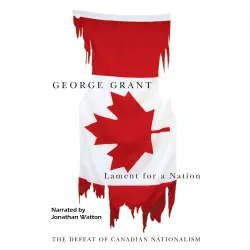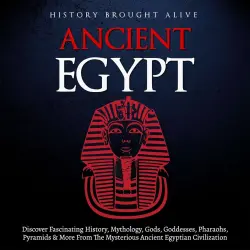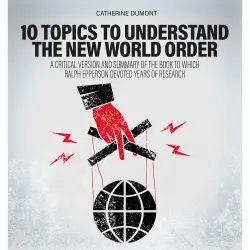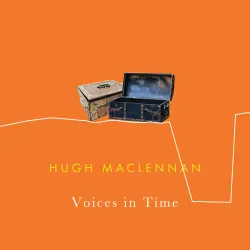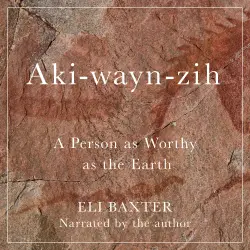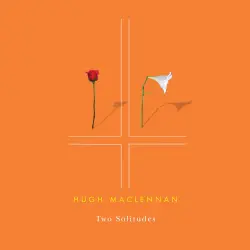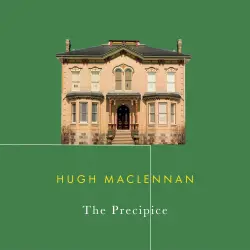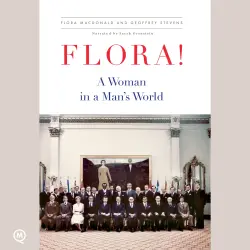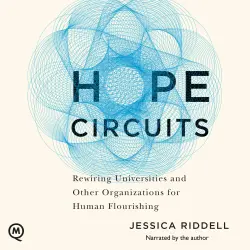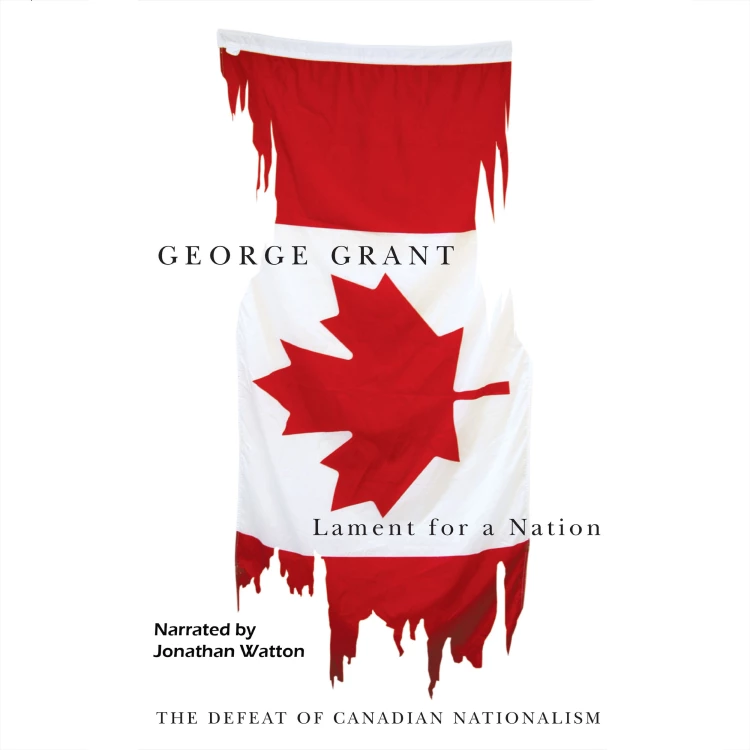
Carleton Library Series - The Defeat of Canadian Nationalism
Carleton Library Series - The Defeat of Canadian Nationalism - Book 205 - Lament for a Nation
George Grant
Unabridged
6 horas 35 minutos
Nota: La reproducción de los audiolibros o de las obras de audio en las respectivas plataformas, por ejemplo Spotify, puede generar gastos. Lismio no tiene ninguna influencia sobre qué audiolibros y obras de audio están disponibles en el servicio.
Algunos artículos contienen enlaces de afiliados (marcados con un asterisco *). Si hace clic en estos enlaces y compra productos, recibiremos una pequeña comisión sin coste adicional para usted. Su apoyo ayuda a mantener este sitio en funcionamiento y a seguir creando contenidos útiles. Gracias por su apoyo.
De la editorial
Canadians have relatively few binding national myths, but one of the most pervasive and enduring is the conviction that the country is doomed. In 1965 George Grant passionately defended Canadian identity by asking fundamental questions about the meaning and future of Canada's political existence. In Lament for a Nation he argued that Canada - immense and underpopulated, defined in part by the border, history, and culture it shares with the United States, and torn by conflicting loyalties to Britain, Quebec, and America - had ceased to exist as a sovereign state. Lament for a Nation became the seminal work in Canadian political thought and Grant became known as the father of Canadian nationalism.
This edition includes a major introduction by Andrew Potter that explores Grant's arguments in the context of changes in ethnic diversity, free trade, globalization, post-modernism, and 9/11. Potter discusses the shifting uses of the terms "liberal" and "conservative" and closes with a look at the current state of Canadian nationalism.
This edition includes a major introduction by Andrew Potter that explores Grant's arguments in the context of changes in ethnic diversity, free trade, globalization, post-modernism, and 9/11. Potter discusses the shifting uses of the terms "liberal" and "conservative" and closes with a look at the current state of Canadian nationalism.





